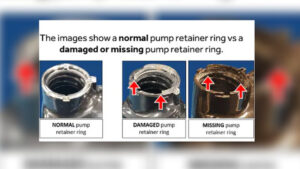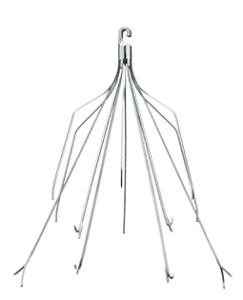Major companies like TikTok, Meta, Snapchat, Instagram, YouTube, and others are facing lawsuits filed by individuals who have become addicted to social media or developed other mental health issues from their use of social media.
Teens and young adults are becoming increasingly concerned about social media addiction, which has a serious negative influence on their mental and emotional health.
Sleep, academic performance, and in-person social relationships can all suffer from the obsessive urge to be connected and constantly use social media platforms.
Comparison with social media influencers and peers can also heighten feelings of inadequacy and lower self-esteem. It can also expose users to carefully chosen content that might worsen anxiety and depression.
Major social media platforms are being sued on the grounds that they cause mental health issues like anxiety, depression, body dysmorphia, eating disorders, suicide, suicidal ideation, and more.
By pursuing compensation for those harmed, lawsuits seek to hold social media companies responsible for their failure to provide sufficient user protections against dangerous content, addictive algorithms, and other forms of harm.
Multidistrict litigation (MDL) is already being used to consolidate social media lawsuits, and our attorneys are currently taking on new clients from all over the nation.
You might be able to sue the social media platform or business in question if you or a loved one has suffered because of social media addiction.
Wagstaff & Cartmell may be able to assist you in pursuing compensation as we have experience with these cases.
For a free consultation, please contact us by using our online form.

